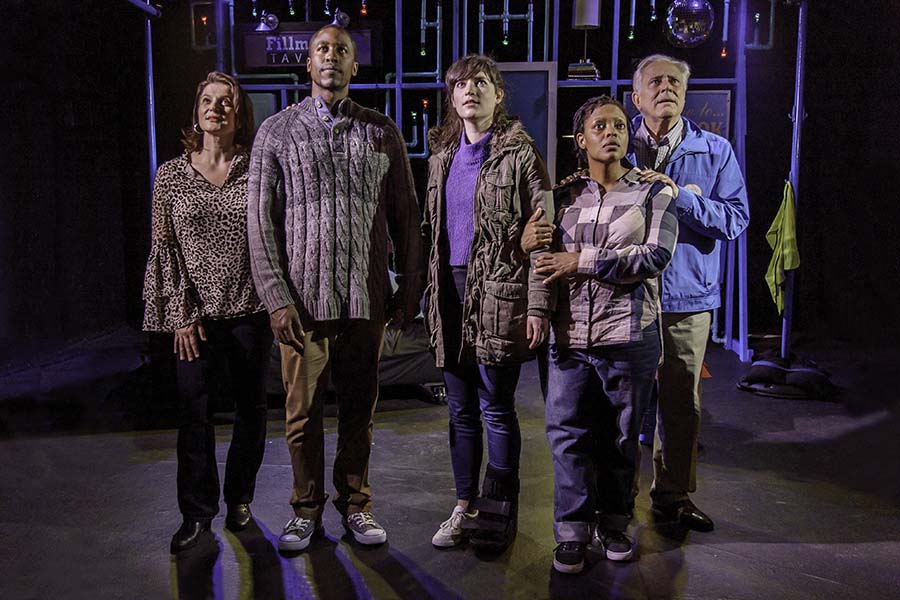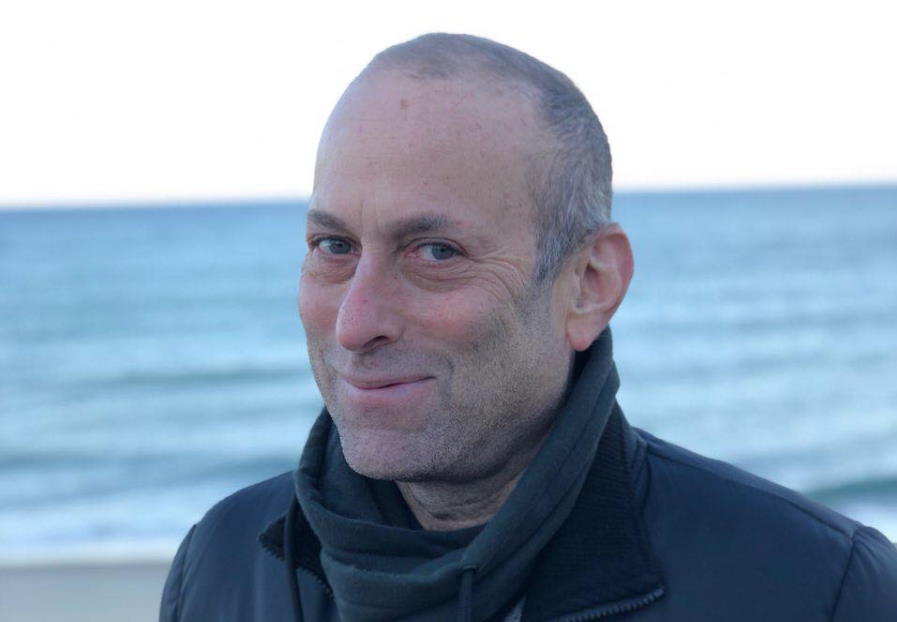Mark Plesent, producing artistic director of New York City’s Working Theater, died on Feb. 19. He was 60.
“Amaaaazing!” and “Let’s do it!” were trademark phrases of Mark Plesent, longtime producing artistic director of Working Theater, the only theatre New York has ever had that was dedicated exclusively to telling the stories of our city’s working class. Mark dedicated his life and career to the idea that the transformative power of theatre should not be a privilege or a luxury, but a staple of everyday life—that theatre should be available, accessible, and, most importantly, welcoming to everyone who wanted to take part in it. He understood that there were stories worth telling about the extraordinary lives of everyday people in pursuit of their dreams or in the struggle to simply exist. He understood that the special alchemy of theatre was not just in the stories we gathered around but in how we gathered, where we gathered and who we invited to gathered with us.
Mark was always first at something: He gave access and opportunity to those on the margins, both artists and audiences, through countless professional debuts, first-time writing and performance workshops for working people in their union halls and places of work, and first-time commissions for both writers, directors, and producers, first-time paying jobs—many for women and people of color. He was also at the vanguard in programming plays that confronted issues of class at a time when class was a dirty word. He uplifted the notion of the worker as essential a decade before the phrase “essential worker” appeared in our newspapers and on our screens.
With every well timed affirmation, he reflected back at an artist their value, their acceptance, and their necessity. This was foundational to how Mark treated everyone. Long before we met, when Mark was just out of college trying to make his way in the theatre world, he wrote in a letter to a dear friend about his dreams for the future: “Out of school I begin to tell others what it is that I want, what it is that I can do and I ask them for a little help, for a little money, some will respond, others will not…But my commitment to [the theatre] fills vast areas, contains much sacrifice, much hard work much, much concentration. I want to find a theatre… and try to establish myself there as a necessity, not a transient. Soon I will hear about a job (always waiting, always keeping the phone free for just three words, ‘you are accepted’).”
Not too long after writing this letter, in 1989 Mark arrived at the newly formed Working Theater as an intern. It would be his artistic home for 32 years. He would be its artistic and producing leader for 25 of those years, deepening and expanding the mission from telling stories about working people to telling stories with and within the communities the city’s working class calls home; places like Bushwick, Electchester, Mount Eden, Morningside Heights, Highbridge, and Staten Island’s North Shore, among many many others. Mark’s vision for a theatre transcended the physical barriers of venues and ventured out onto the great lawns of Staten Island’s Snug Harbor, the parking lot of the UFT in the Bronx, the chapels nestled inside the beautiful Cathedral of St. John the Divine, and even the libraries of Brighton Beach.
In 2014 he launched the ambitious Five Boroughs/One City Initiative as a collaborative, community-based theatre producing project that would engage all of New York City’s boroughs in creating a theatrical experience that was explicitly for, inspired by, and in response to each community it was created in. Surrounded by great part-time support, at that time he was the company’s only full-time staff member. While this might have given some artistic leaders pause, it never occurred to Mark that he should do less. Even if it meant he’d be in five different boroughs with five sets of collaborators and community members in one day. He wanted to give people the opportunity to tell their own stories, to share their hopes and dreams, fears and passions with each other, and to invite the rest of us to be a witness to their extraordinary existence.

Mark leaned into work that reflected the racial, cultural, class, economic differences of his constituency (what he called his beloved audience). He accepted that these differences would sometimes be divisive, but he always believed that “what makes us different is the most interesting thing about us.”
So he kept commissioning, producing, and telling the stories of cab drivers, electrician, teachers, doormen, receptionists, 911 call operators, domestic workers, families struggling with lack of health care, immigrants in pursuit of the American Dream, a union leader trying to keep a community together in the midst of racial and gender bias, a formerly incarcerated man returning home and trying to find his way back into society, a faith community asking how to be a sanctuary to each other. These were all everyday and extraordinary people. He wanted to make sure they knew that this work was not just about them but was created for them. He wanted to make sure they knew they were necessary, needed. And they have always been essential.
Truly “amaaaazzzing.” And we’re gonna keep doing it.
Tamilla Woodard is the co-artistic director of Working Theater.


